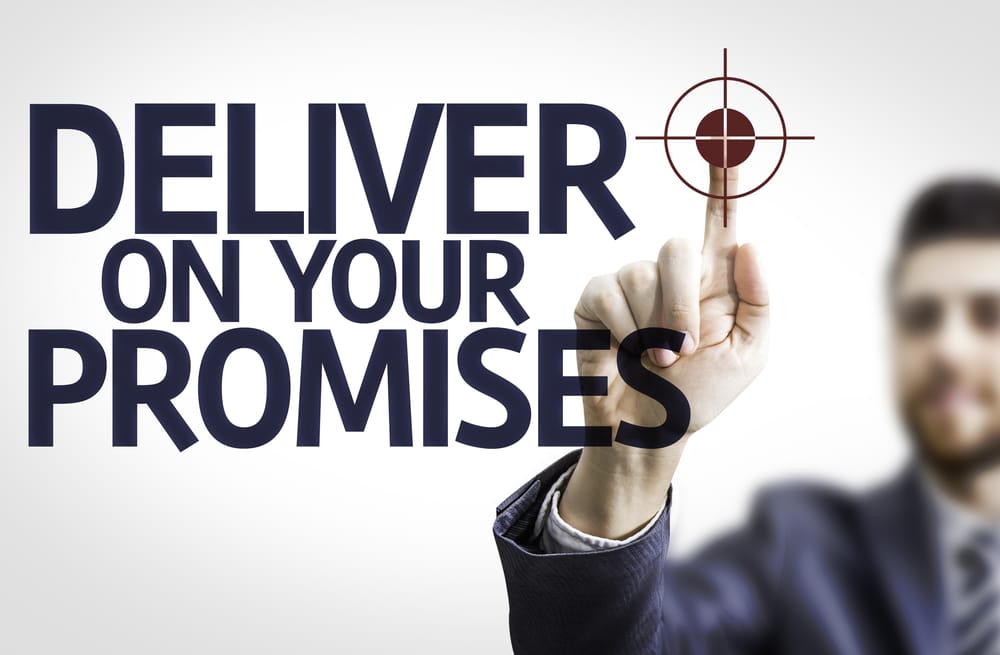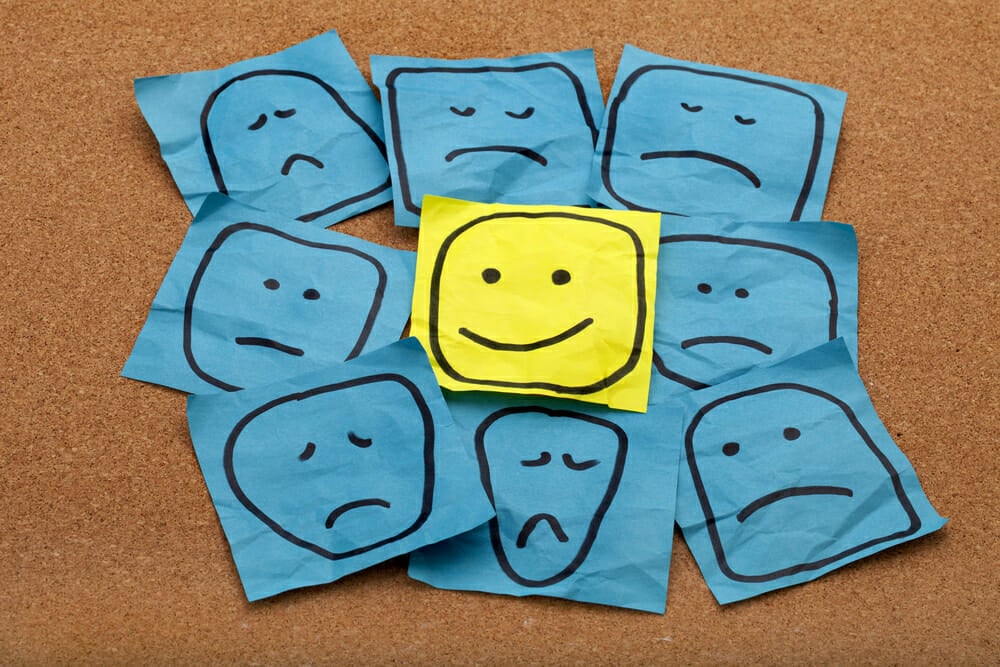Forgiving someone who has wronged you is one of the most challenging journeys you can embark on, yet it’s also an extremely freeing and rewarding experience that should be fought for. The question is, will you do the hard work to find the freedom you’re looking for deep down in your soul?
How to Unlock Forgiveness
As tough as forgiveness is to extend and receive, it’s probably the most important aspect of moving on from a tough situation or event that wounded you. Every situation is unique, but here are several keys to helping you unlock forgiveness and find peace:
Acknowledge Your Feelings
The first key to unlocking forgiveness is to acknowledge the full range of emotions you’re experiencing. It’s okay to feel hurt, angry, or betrayed. These feelings are valid and recognizing them is an important step in the healing process.

Suppressing your emotions can lead to them bubbling up in unexpected ways, impacting your mental and emotional well-being. Allow yourself to sit with your feelings, understanding they are a natural response to being wronged. (By the way, this doesn’t mean dwelling on the negative, but rather giving yourself permission to feel whatever comes up without judgment.)
Understand That Forgiveness is For You
One of the most profound realizations on the path to forgiveness is understanding that this act is more for you than the person who wronged you.
Holding onto anger and bitterness can be like carrying a heavy weight on your shoulders, one that only you feel. By choosing to forgive, you’re choosing to set down this weight and free yourself from the pain and negativity that’s been holding you back.
Forgiveness doesn’t mean you’re excusing the other person’s actions or forgetting what happened. Instead, it’s about finding peace within yourself and moving forward.
Try to See Things from Their Perspective
This step can be particularly challenging, especially when the hurt runs deep. However, trying to understand the situation from the other person’s perspective can be a crucial part of the forgiveness process.

This doesn’t mean you have to agree with their actions or choices, but it can help to provide some context that might explain why things happened the way they did. Sometimes, people act out of their own pain, insecurities, or misunderstandings. Recognizing this doesn’t justify their actions, but it can help lessen the grip of resentment and open the door to empathy.
Work With a Therapist
While there are plenty of proactive steps you can take on your own to find forgiveness and healing, it’s often helpful to work with a therapist to get some professional guidance and frameworks.

It’s easy to find a therapist wherever you are, thanks to online directories and resources. For example, if you’re in Pennsylvania, TherapyTribe has a list of qualified therapists in Pennsylvania (or any state, for that matter).
Communicate and Set Boundaries
In some cases, it might be helpful to communicate your feelings to the person who hurt you. This can be a really significant step in the forgiveness process, allowing you to express your emotions and discuss the impact of their actions.

However, it’s important to approach this conversation with caution and to set clear boundaries for yourself. If direct communication isn’t possible or safe, consider writing a letter that you don’t necessarily have to send. This can be a cathartic way to express your feelings and begin the process of letting go.
Embrace Letting Go
The final key to unlocking forgiveness is embracing the act of letting go. This means releasing the hold that past hurts have on your present and future.
Letting go is a gradual process that doesn’t happen overnight. It involves making a conscious decision not to let resentment dictate your life choices or emotional state. Practicing mindfulness or meditation can be helpful in this stage, as they encourage living in the present and acknowledging thoughts and feelings without letting them control you.
The Path Forward
Remember, forgiveness is a journey, not a destination. (As cliche as that sounds – it’s true!) It’s okay to take it one step at a time and acknowledge that some days will be harder than others. Along the way, be kind to yourself, recognizing the strength it takes to embark on this path. By choosing to forgive, you’re not only releasing the burden of past hurts but also opening your heart to a more peaceful and fulfilling life.

In the end, forgiveness is one of the most powerful acts of self-care you can practice. It’s about giving yourself the freedom to live without bitterness, allowing you to fully embrace the present and look forward to the future with a lighter heart.








Reply